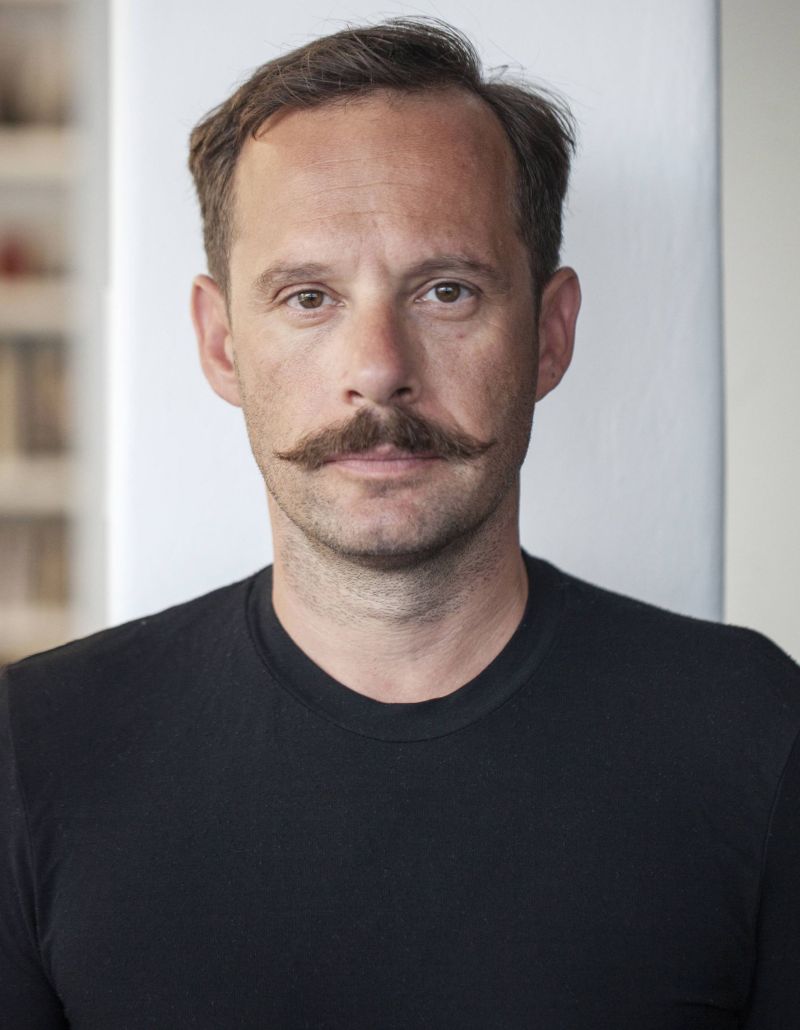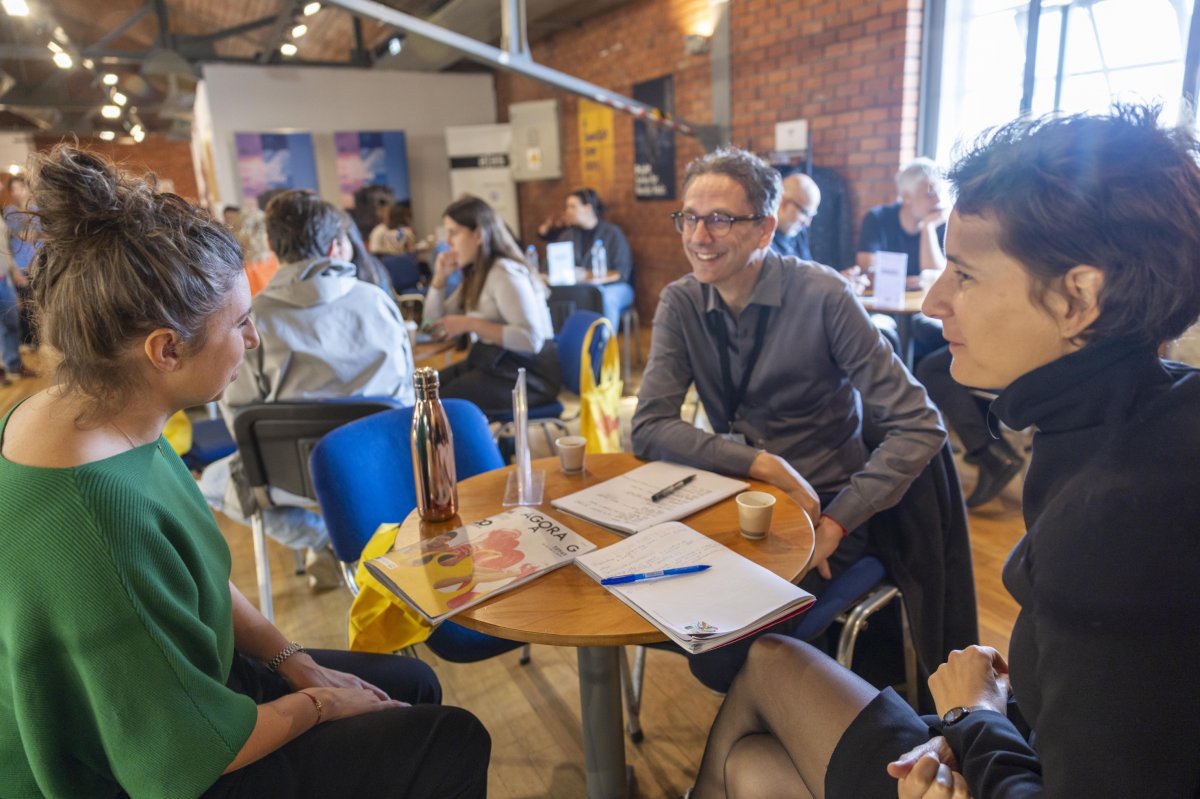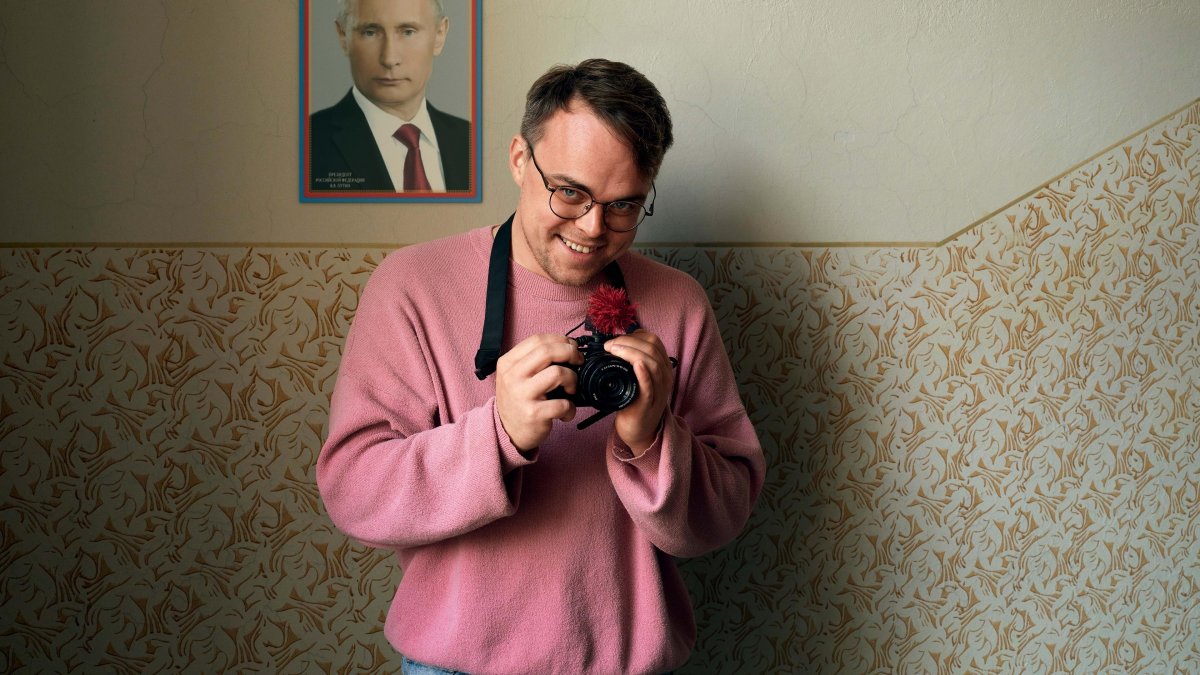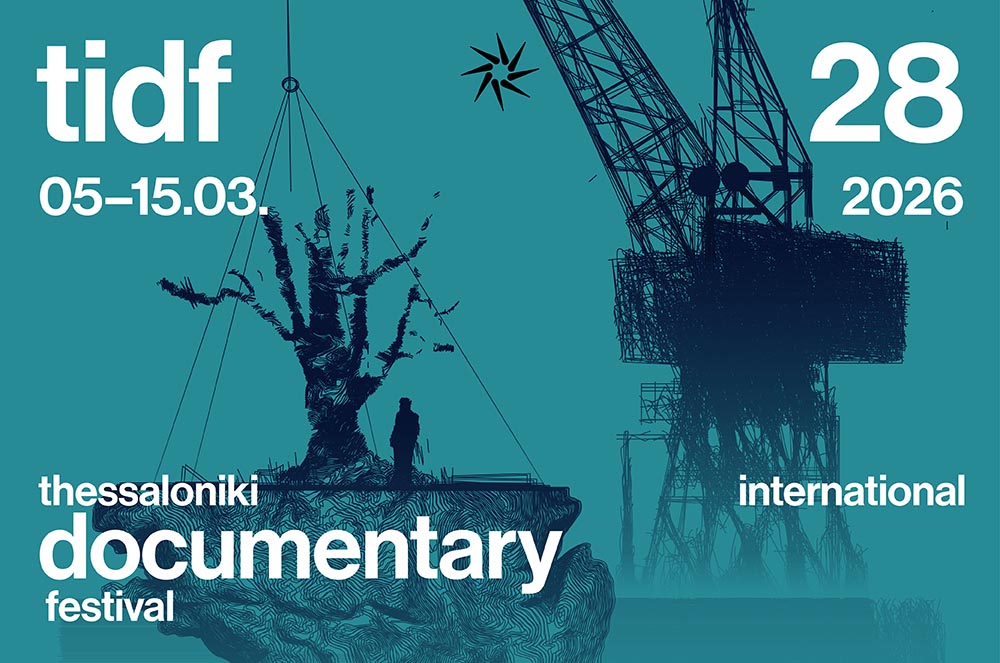The 22nd Thessaloniki Documentary Festival (5-15/03/2020) strengthens its competitive programs. In addition to the successful competition section for first- or second- time directors and the VR documentaries competition section, the Festival boasts a new International Competition section for feature documentaries.
News
For more information please contact Press and Communication Department.
60th TIFF: A tribute to the great anarchist of Yugoslav cinema, Dušan Makavejev
www.filmfestival.gr
The 60th TIFF Balkan Survey presents a tribute in the great anarchist of Yugoslav cinema, Dušan Makavejev, who died January 2019. In honour of the great director, TIFF organizes the first large post-mortem tribute to Makavejev’s cinematic world.
60th Thessaloniki International Film Festival: Agora
www.filmfestival.gr
The 60th Thessaloniki International Film Festival presents, for the second time, an initiative that aims to further enrich its well-established Agora section. Beloved Greek actor-director Yorgos Pyrpassopoulos becomes the Agora ambassador who will promote the section’s events and goals, collaborating with the film professionals who will attend this year’s edition. He will also present the Agora awards ceremony that will take place Friday November 8th, 2019.
A comic book for the Thessaloniki International Film Festival
www.filmfestival.gr
The Thessaloniki International Film Festival celebrates 60 years– six decades that connect Nikos Koundouros with Finos Films, Jim Jarmusch with Catherine Deneuve and the new generation of Greek filmmakers, the Golden Alexander with the Festival’s publication “First Shot”, the Thermaic Gulf with world cinema.
Towards the Temenos: The experimental cinema of Gregory Markopoulos and Robert Beavers at the 60th TIFF
www.filmfestival.gr
The 60th Thessaloniki International Film Festival (31/10 – 10/11/2019) announces its tribute to the groundbreaking work of Gregory J. Markopoulos and Robert Beavers.



















